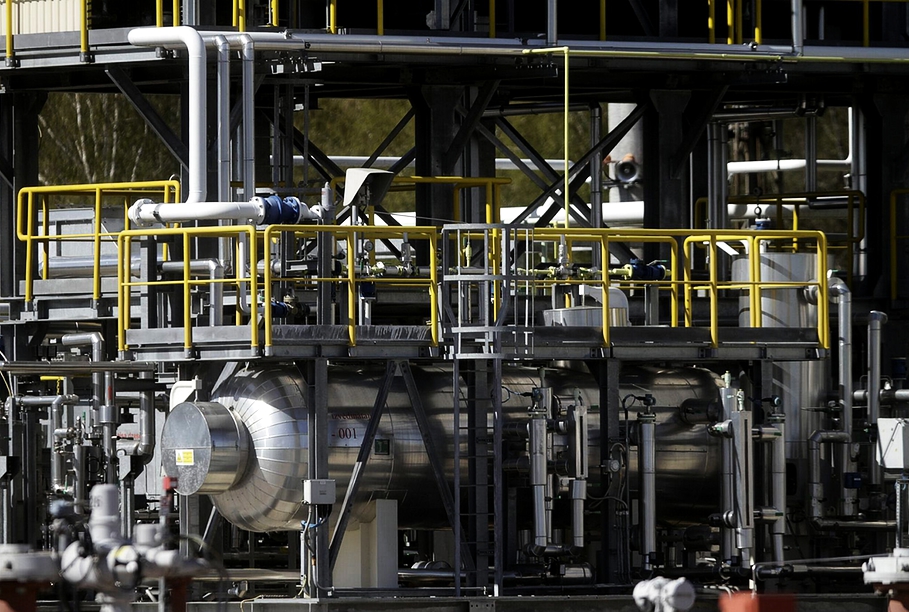Up until now Latvia has been purchasing all its natural gas from Latvia, and the memorandum stipulates that the two countries will coordinate their gas purchases with one another.
"Right now we see that Lithuania is a partner, not a competitor of ours and they are supporting our efforts to open the gas market. From their side they are ready to offer us gas for competitive prices if the need arises for our consumers," Dana Reizniece-Ozola told Latvian Radio.
There's a possibility that after signing the document Latvia and Lithuania will be able to buy liquefied gas from the US.
The collaboration efforts propose active mutual usage of Klaipēda gas terminal and Inčukalns underground natural gas storage facility. The parties of the agreement are thus planning to create a fully operational regional gas market.
"The Inčukalns storage is an important asset for Latvia. By 2019 a connection should have been built between Lithuania and Poland. And if you see the gas storage prices in Inčukalns and compare them to those of Poland, it turns out the Inčukalns storage is almost twice as cheaper," said Rokas Masiulis.
The memorandum doesn't introduce any legal responsibilities. It has been concluded for the period to 2017 and can be renewed if the need arises.
As reported, Latvian, Poland, Lithuania, Estonia and the European Commission signed a treaty in Brussels Thursday as part of a deal that will break the Baltic states' almost total dependence on Russian supplies of gas, introducing a gas interconnector between Lithuania and Poland. The project is estimated to cost €555m and to be built by 2019.































